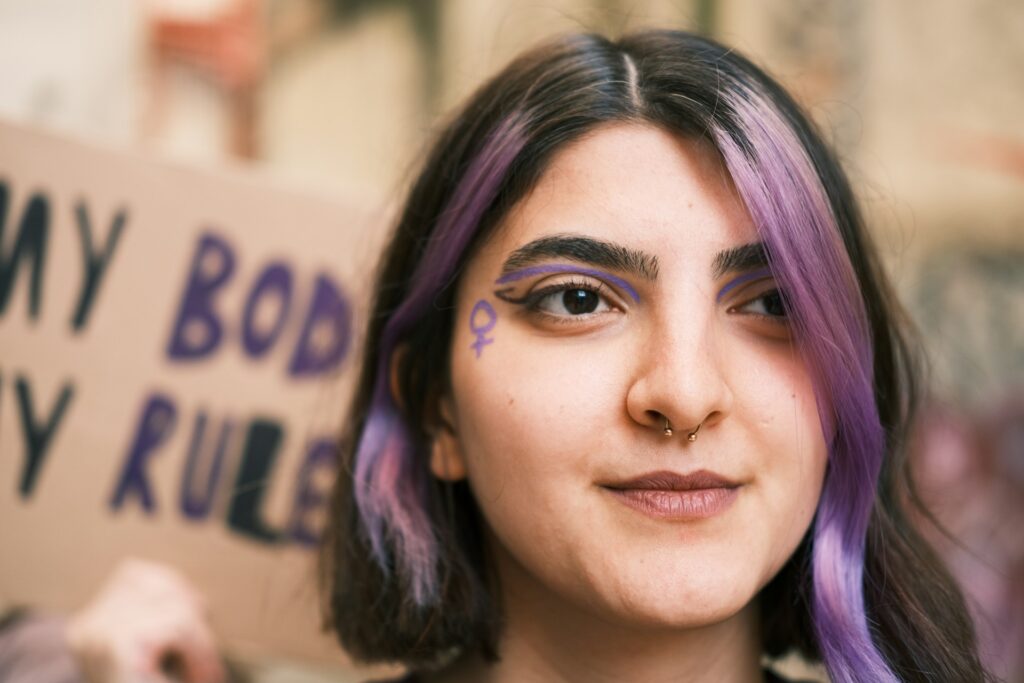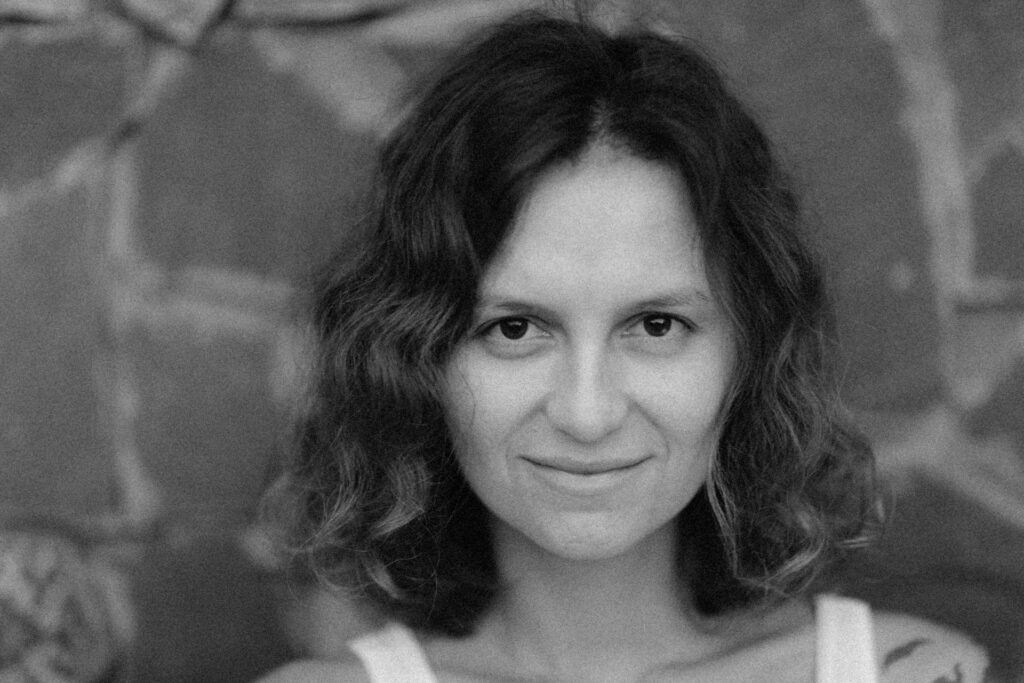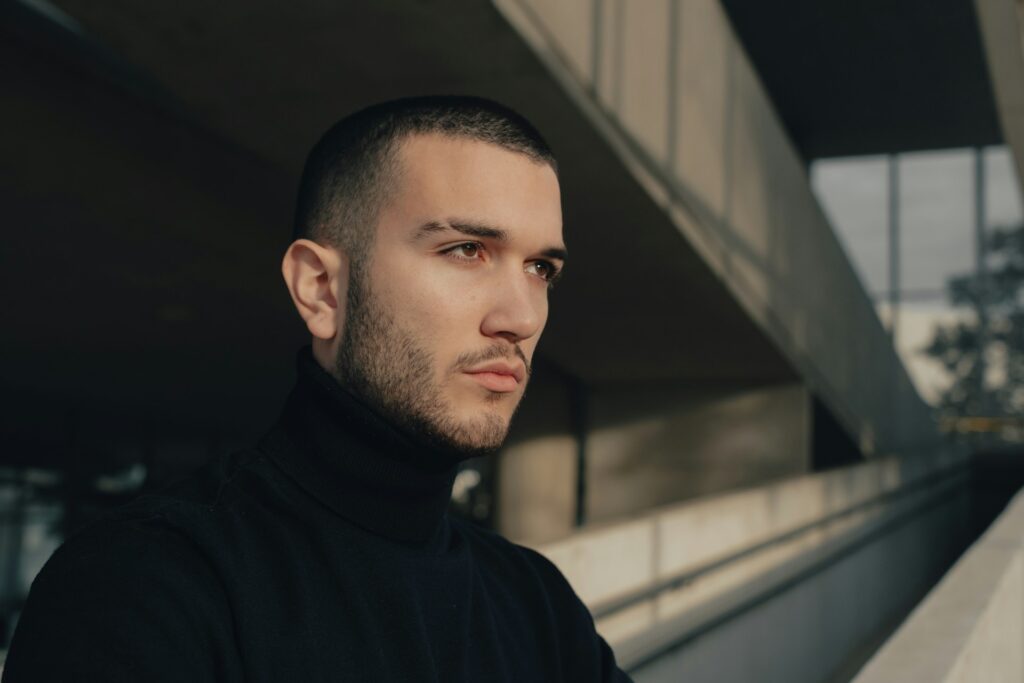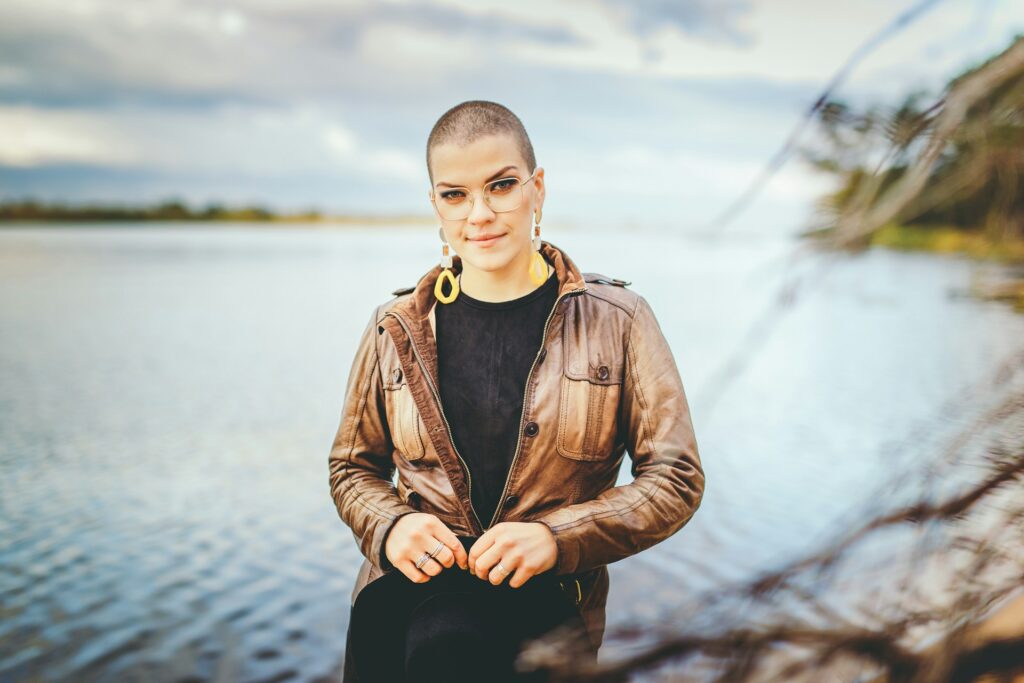Saying no isn’t always easy, especially if you’re used to keeping the peace, being helpful, or avoiding drama.

The problem is that every time you say yes to something that drains you, you’re quietly saying no to your own well-being. Learning to say no isn’t selfish, it’s protective. It’s one of the most underrated ways to honour your energy, time, and sense of self. Here’s why it matters more than people realise. If you start doing it in your own life more often, you might be pleasantly surprised by the result.
1. It protects your time like nothing else.

When you say no, you stop handing out your hours like they’re endless. Time is one of the few things you can’t get back, and every yes you give to someone else takes a little of it away from something that might matter more to you. By saying no to things that don’t serve you, you create space for what does. Whether that’s rest, creativity, or just not being stretched too thin, that space is valuable. You’re not being difficult; you’re being deliberate. There’s a big difference.
2. It reminds people that your energy has limits.

If you always say yes, people stop recognising that you have a threshold. They assume you’ll just keep showing up, picking up the slack, and being the reliable one, even when you’re burning out inside. Saying no gently teaches the people around you that your time, attention, and energy aren’t unlimited. You don’t owe anyone your exhaustion, and real respect doesn’t come from being constantly available—it comes from knowing where your line is.
3. It helps you hear yourself more clearly.

When you stop reacting to everyone else’s needs, you finally get a chance to check in with your own. It’s easy to lose track of what you want when your days are filled with doing what other people expect of you. Every “no” clears out a bit of the noise. It gives you breathing room to figure out what you actually enjoy, need, or believe—without everyone else’s voices clouding your judgment.
4. It strengthens your sense of self.

Each time you say no to something that doesn’t feel right, you reinforce your own boundaries. You’re choosing your values, your comfort, your priorities, not just going along with the flow to avoid awkwardness. That builds self-trust. You’re proving to yourself that you’re allowed to have limits and preferences, and that you’ll actually stand by them. It’s a calm sense of confidence that grows with every decision you make for yourself.
5. It exposes who respects you, and who doesn’t.

Some people are only kind when you’re saying yes. The second you set a boundary or put yourself first, their attitude changes. Saying no helps you spot that. It shows you who values you as a person, and who just valued your compliance. It might be uncomfortable at first, but it’s clarity. The people who truly care will understand, even if they’re disappointed. The ones who push back hard might’ve just been benefiting from your lack of boundaries.
6. It teaches you how to sit with discomfort.

Saying no often comes with a wave of guilt, fear, or second-guessing, especially if you’re used to being agreeable. But sitting with that discomfort and letting it pass is where the growth happens. As time goes on, it gets easier. You realise the world doesn’t end when you turn someone down, and you stop feeling like you have to explain your every decision just to feel justified in protecting your own peace.
7. It makes your yes actually mean something.

When you say yes to everything, it stops feeling genuine. People might stop noticing how much effort you’re putting in. However, when your yes is intentional—given with thought and purpose—it carries weight. It’s more than just agreement. It’s a real choice. And people appreciate it more when they know you’re not just saying yes out of habit or pressure, but because you truly want to be there.
8. It frees you from resentment.

Saying yes when you mean no builds quiet bitterness. You agree to things, then spend days wishing you hadn’t, feeling drained or annoyed, but blaming yourself for not speaking up. Saying no stops that before it starts. It might feel tense in the moment, but it saves you from the slow burnout that comes from always pushing your own limits to keep other people comfortable.
9. It helps you break people-pleasing patterns.

If you’ve spent most of your life putting other people first, saying no feels like rebellion, but it’s actually repair. It’s how you start rewriting the idea that your value is tied to how much you do for other people.. It’s uncomfortable at first, sure. But every no is a quiet reminder: you don’t have to earn your place in the world by overextending yourself. You’re allowed to rest. You’re allowed to choose you.
10. It gives you back control.

When your schedule is full of things you didn’t really want to agree to, life starts to feel like something that’s happening to you, not something you’re steering. Saying no shifts that balance. You’re not at the mercy of every invite, favour, or request. You’re allowed to choose. That small act of refusal is you taking your time and energy back from the things that don’t deserve it.
11. It protects your capacity for joy.

When your time is filled with obligations, there’s no room left for spontaneity or things that actually fill your cup. Saying no protects your emotional bandwidth—so when joy does show up, you’re not too burnt out to enjoy it. You don’t have to earn rest or fun. You’re allowed to create space for it intentionally. And often, that starts by saying no to the things that pull you too far away from yourself.
12. It helps you stop performing.

If you’re used to saying yes to keep up appearances—to seem reliable, likeable, generous—saying no feels like a mask coming off. That can be scary, but it’s also freeing. When you say no with honesty, you drop the performance and show up as your real self. That’s where real connection begins—with people who see the unfiltered version of you and still want you in their life.
13. It sets the tone for healthier relationships.

Boundaries aren’t walls—they’re clarity. When you start saying no to the things that hurt or exhaust you, your relationships get healthier by default. You teach people how to treat you without even saying much. The more you practise it, the more you’ll notice your relationships shift—from ones built on obligation to ones built on mutual respect. It might shake things up at first, but long term, it creates way more peace.
14. It makes your self-respect louder than your guilt.

The guilt might not go away immediately, but each time you say no, you strengthen the voice that says, “I matter too.” That voice might’ve been quiet for a long time, but this is how it grows louder. You start to realise that your well-being isn’t negotiable, and choosing yourself isn’t selfish—it’s necessary. That’s especially true if no one ever taught you that it was okay to prioritise your own peace.
15. It’s a lifelong skill, not a one-time fix.

Saying no isn’t something you master overnight. It takes practice, slips, and awkward moments. However, the more you do it, the more natural it feels. And the easier it becomes to recognise what actually deserves your yes. It’s not about becoming a cold-hearted boundary machine—it’s about learning to honour your limits without apology. That’s one of the most powerful ways to build a life that feels like yours.


